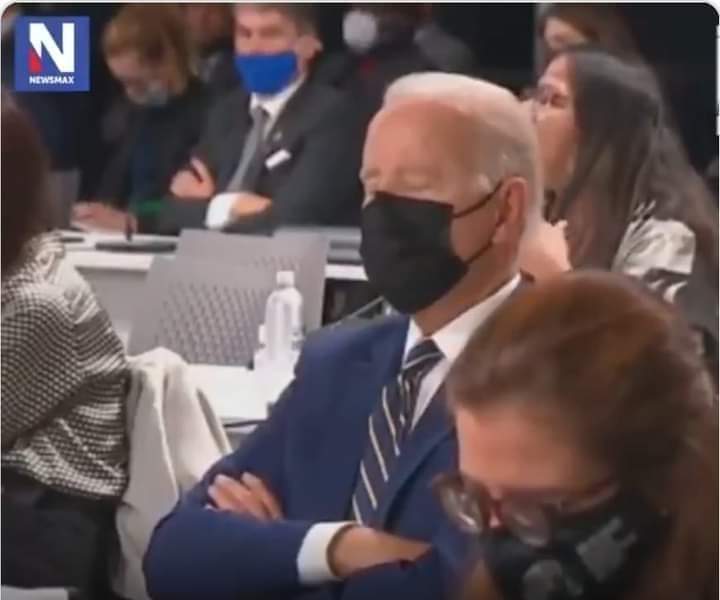In a move to alleviate the concerns of companies struggling to meet the deadline for filing their Companies Income Tax returns, the Federal Inland Revenue Service (FIRS) has granted an extension until 31st August 2023.
This extension, as announced by Mr. Muhammad Nami, the Executive Chairman of FIRS, comes in response to numerous requests from companies unable to submit their returns by the original deadline of 30th June 2023.
The FIRS has demonstrated goodwill by adhering to the relevant provisions of the Companies Income Tax Act.
As a result, all companies with CIT returns for the 2023 year of assessment falling due between 30th June and 31st August 2023 (inclusive) now have until 31st August 2023 to submit their returns to the Service.
To provide further relief, the FIRS has confirmed that the affected CIT returns will not be subject to late filing penalties or interests if payments are made on or before 31st August 2023.
However, companies failing to file by the extended date will face penalties and interest calculated from the original due date.
It is important to note that this extension exclusively applies to Companies Income Tax returns and does not encompass returns for withholding tax, value added tax, personal income tax (PAYE), and other types of tax obligations.
The FIRS encourages all relevant taxpayers to seize this opportunity and submit their CIT returns within the specified time. By doing so, they can settle their tax liabilities and avoid incurring penalties and interest.
The deadline extension offers companies the chance to comply with their obligations in a timely manner, ensuring smooth tax processes.
As businesses adapt to the changing economic landscape, staying informed about tax regulations and meeting deadlines is crucial.
Companies should make use of the resources provided by the FIRS to understand their tax obligations fully. By maintaining compliance, businesses contribute to the nation’s development and ensure a fair and efficient tax system.
The FIRS has extended the due date for filing 2023 Companies Income Tax returns, providing much-needed relief to companies struggling to meet the original deadline.
This extension grants businesses until 31st August 2023 to submit their returns, without incurring late filing penalties or interests if payments are made on time. It is essential for companies to take advantage of this extension, meet their tax obligations promptly, and contribute to a robust and transparent tax system.











